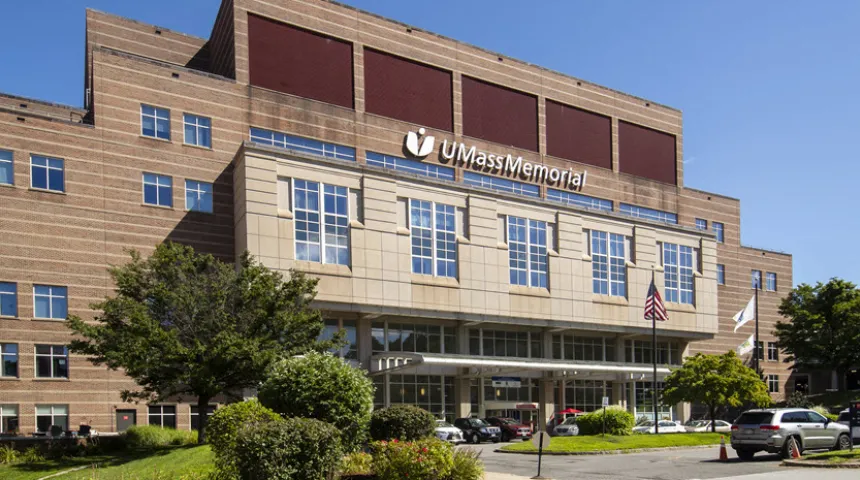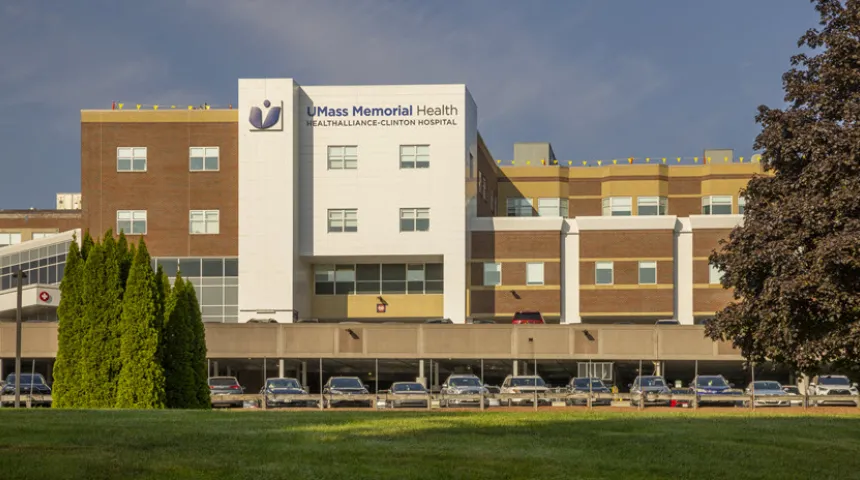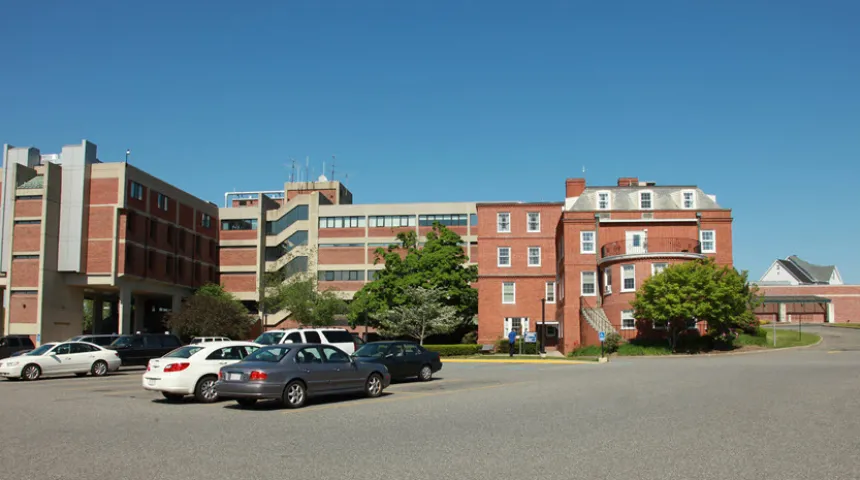Rheumatology
Get comprehensive care for rheumatic diseases, from lupus to rheumatoid arthritis.
Why Choose Us for Rheumatology?
Comprehensive Team
Rheumatic diseases can affect many different body systems, so your team includes other specialists when needed. You may work with orthopedic surgeons, physiatrists and rehabilitation therapists to cover all your needs.
Seamless Care
Our rheumatologists regularly discuss your treatment progress with your primary care physician (PCP) and other physicians. This ongoing communication enables your providers to work together to help you feel your best.
Research Excellence
Physician-scientists at UMass Memorial Medical Center lead and participate in national rheumatology studies. Through our ongoing clinical trials, you can access the latest treatments before they’re widely available.

UMass Memorial Medical Center - University Campus
55 Lake Avenue North,
Worcester, MA 01655

UMass Memorial Medical Center - Memorial Campus
119 Belmont Street,
Worcester, MA 01605

HealthAlliance-Clinton Hospital - Leominster Campus
60 Hospital Road,
Leominster, MA 01453

Harrington Hospital - Southbridge Campus
100 South Street,
Southbridge, MA 01550

Tri-River Family Health Center
281 East Hartford Avenue,
Uxbridge, MA 01569

Harrington at Sturbridge
198 Charlton Road,
Sturbridge, MA 10566
Get Started
Call 855-UMASS-MD (855-862-7763) or request an appointment with a rheumatologist.

